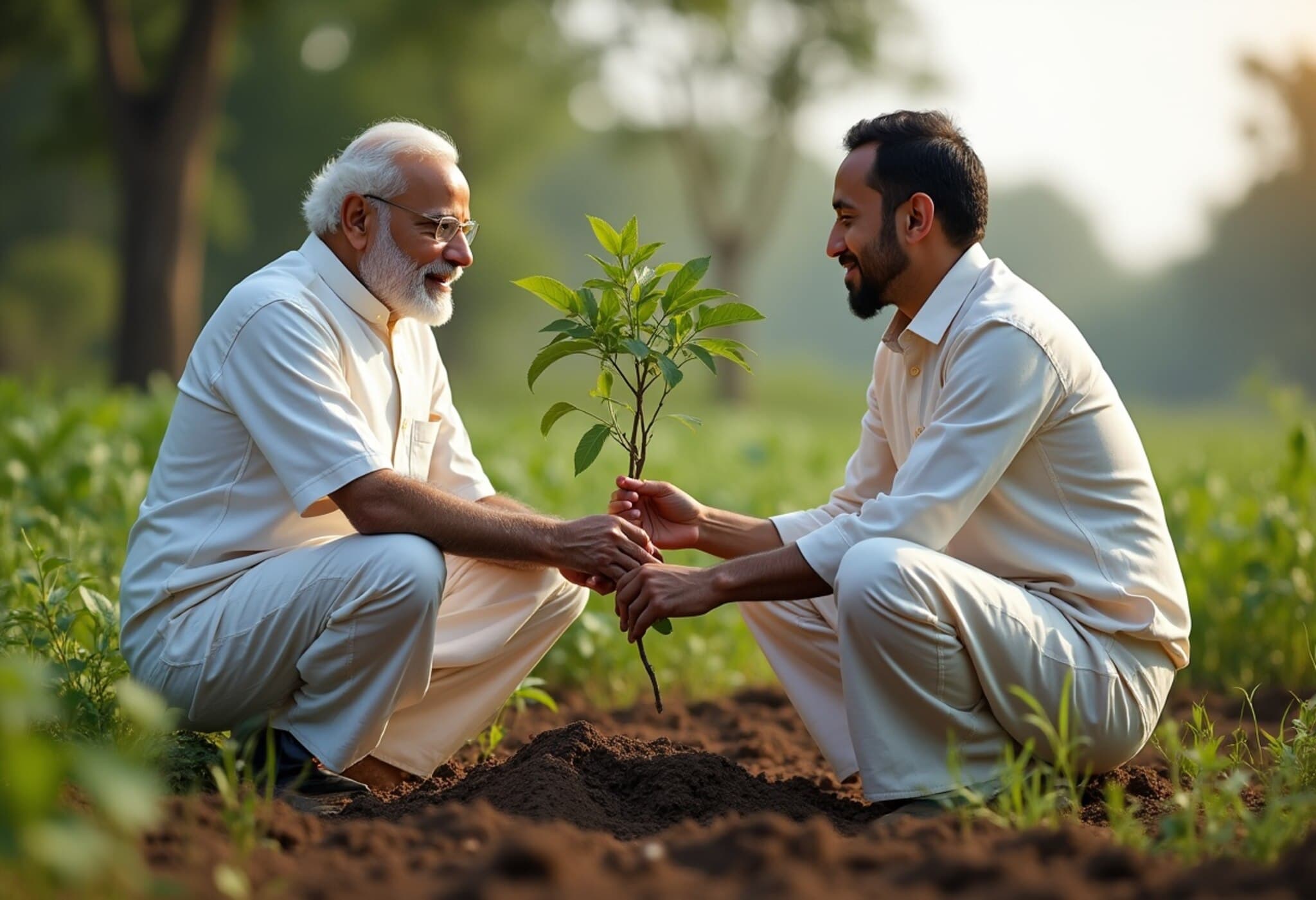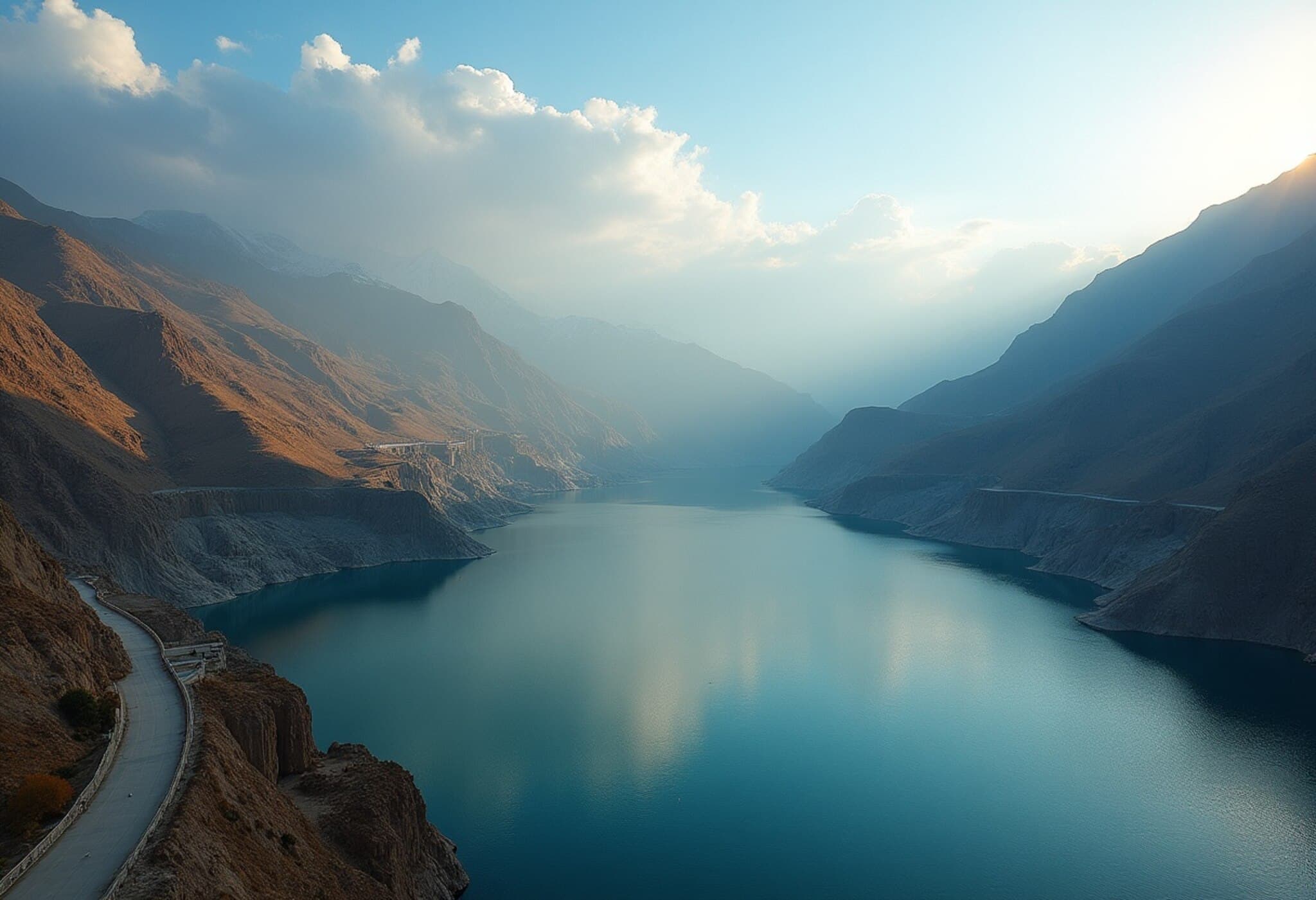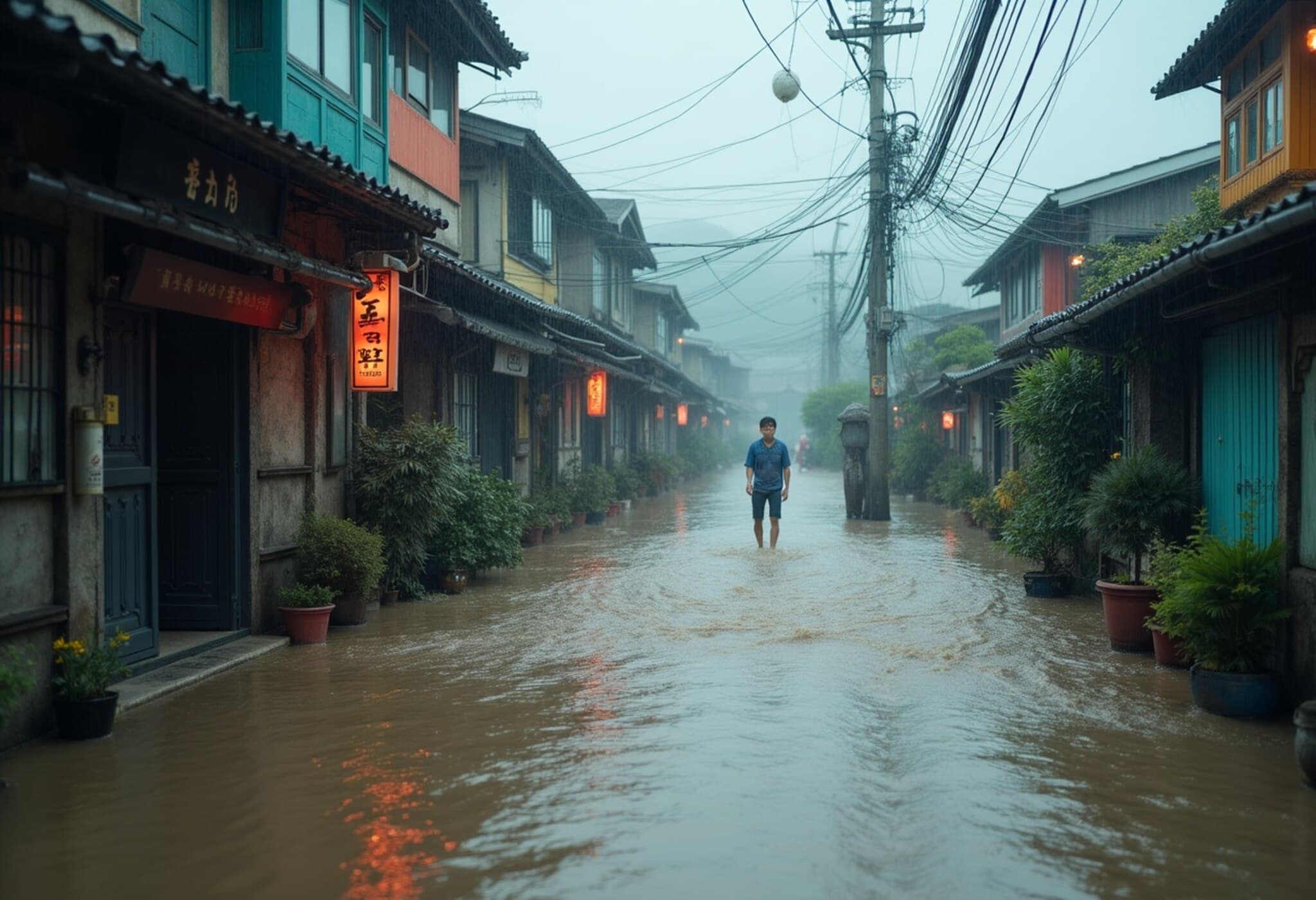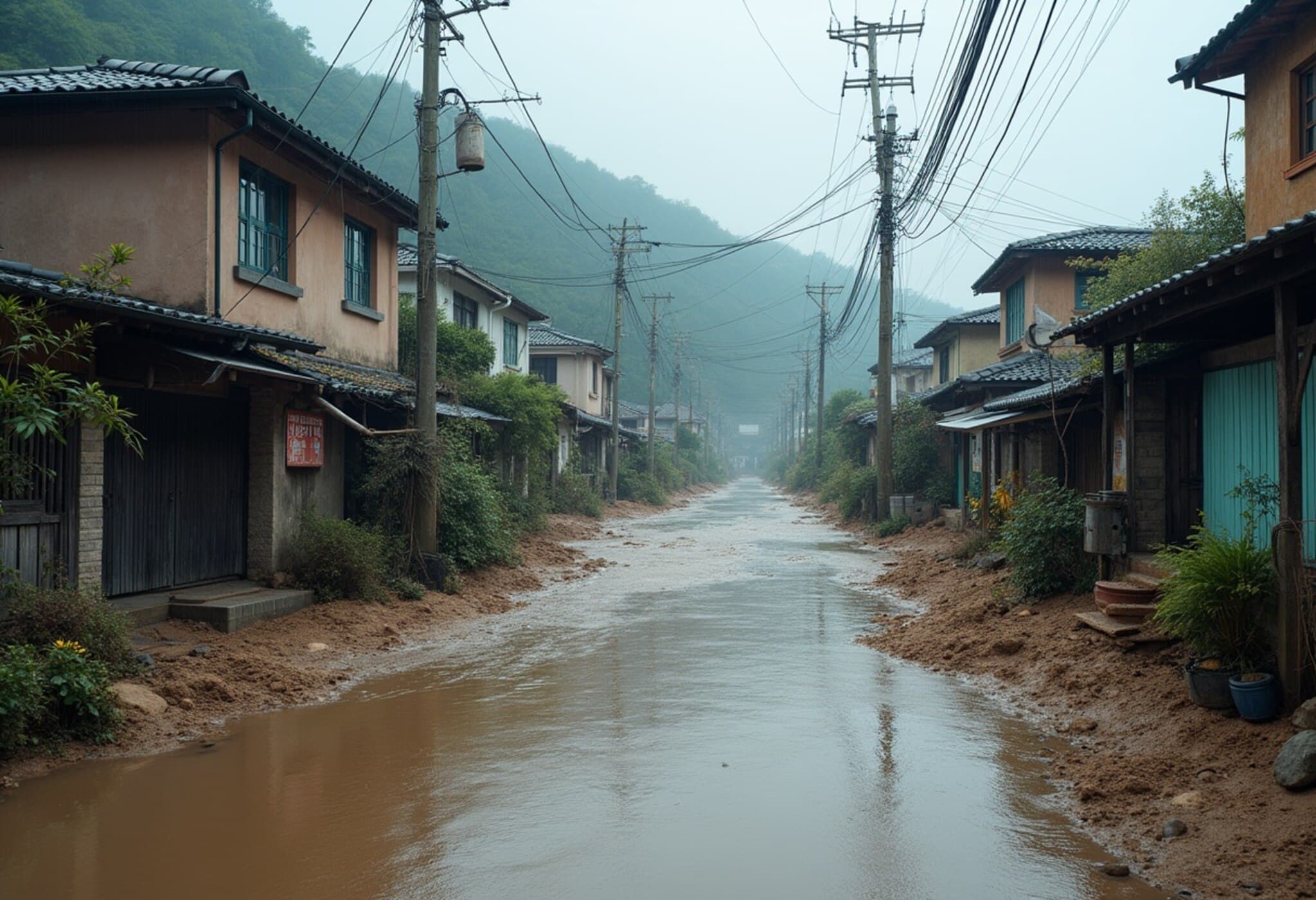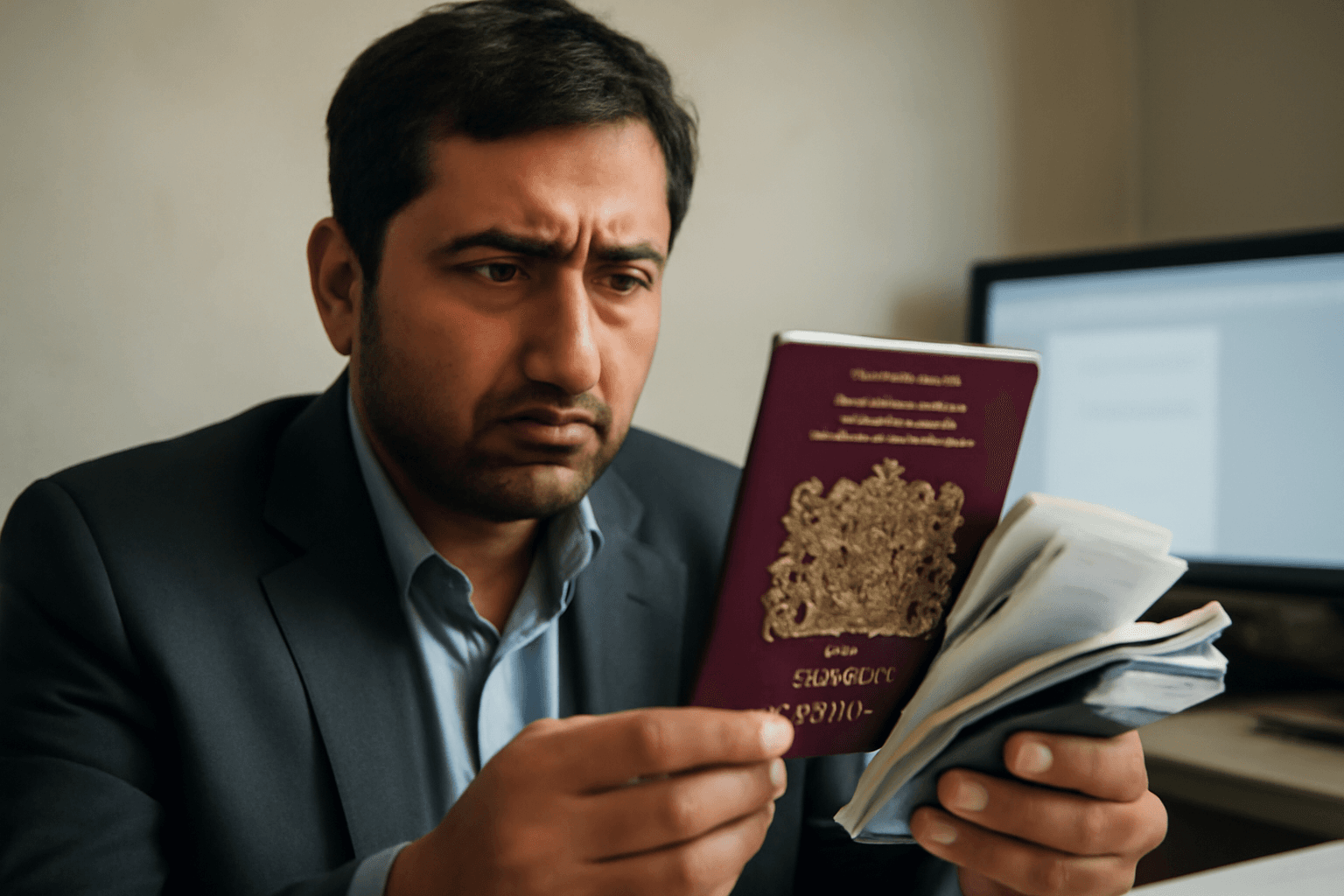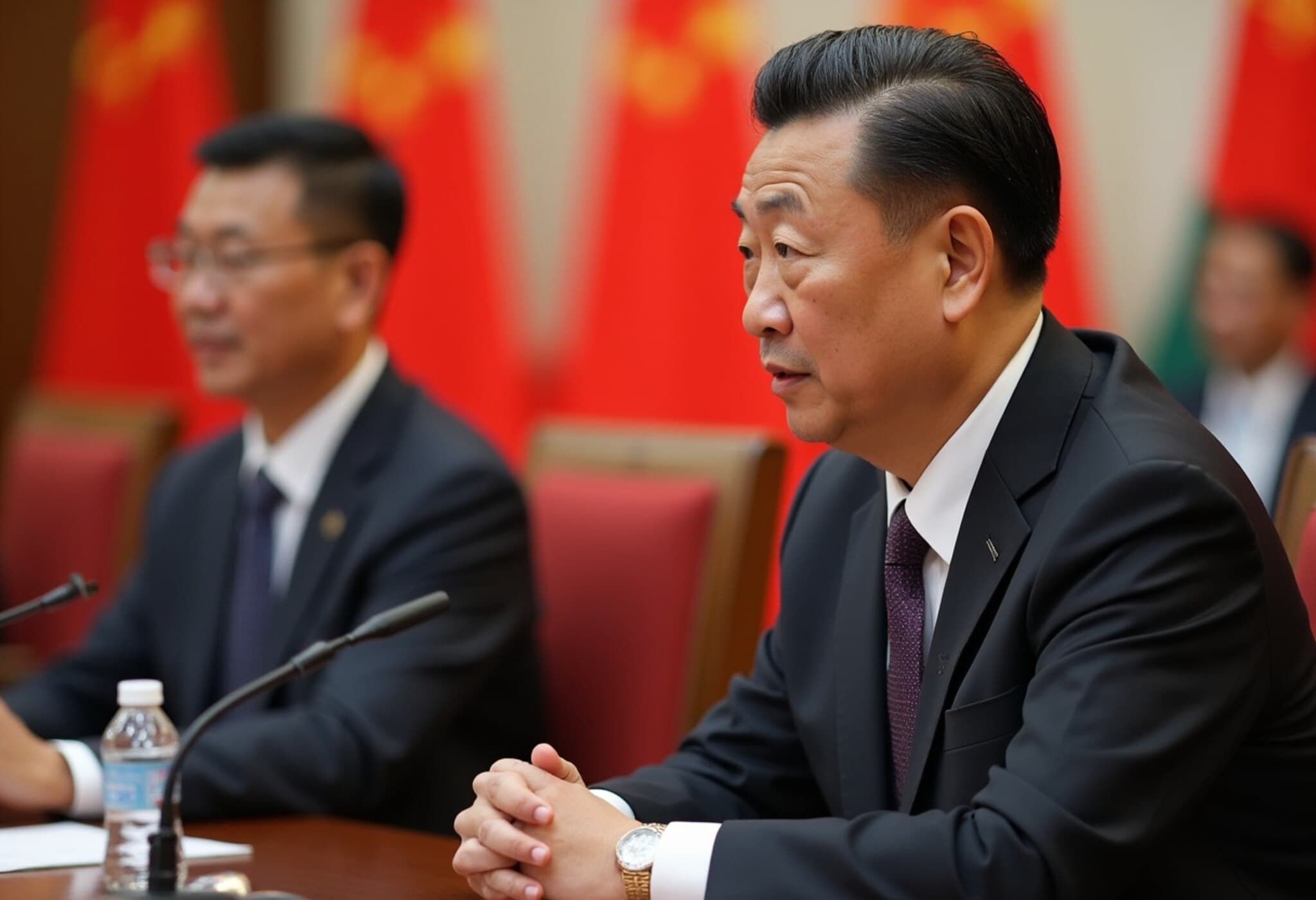PM Modi and Maldives President Muizzu Unite for Climate Action in Maldives
In a powerful display of environmental solidarity, Indian Prime Minister Narendra Modi and Maldives President Ibrahim Muizzu planted saplings together in Malé, signaling a renewed commitment to combat climate change. This symbolic gesture was part of the ‘Ek Ped Maa Ke Naam’ (A Tree for Mother) initiative, complemented by the Maldives government’s ambitious pledge to plant 5 million trees.
A Shared Vision for a Greener Future
Both leaders underscored the critical importance of sustainability amidst escalating climate threats that disproportionately affect island nations like the Maldives. Climate change impacts such as rising sea levels pose existential risks, making reforestation efforts not only an environmental necessity but a vital component of national security and economic resilience.
Speaking from Malé, PM Modi emphasized the deep-rooted connection between India and the Maldives in tackling environmental challenges: “India and the Maldives fully understand the challenges of climate change and environmental degradation. We are committed to doing everything possible to boost sustainability.”
Reinforcing Diplomatic and Environmental Bonds
PM Modi’s visit to the Maldives was marked by warm receptions—starting at Velena International Airport by President Muizzu and top government ministers, followed by a colorful ceremonial welcome and a guard of honour at Republic Square. These events highlighted the strategic and cultural significance of India-Maldives relations.
Economic Partnership and Sustainable Development Go Hand in Hand
Beyond environmental cooperation, PM Modi announced a substantial Rs 4,850 crore line of credit to support Maldives' development projects, underlining India's role as a reliable partner in the region. Discussions have further progressed on finalizing a bilateral investment treaty, alongside ongoing negotiations for a free trade agreement aimed at deepening economic integration.
Expert Insight: Why This Matters
For small island developing states (SIDS) like the Maldives, climate initiatives go beyond tree planting — they represent lifelines to preserve biodiversity, tourism-based economies, and community livelihoods. India’s support plays a pivotal role since regional collaboration amplifies impact and resource mobilization. This initiative reflects a broader trend where climate diplomacy and economic cooperation converge, fostering resilience in vulnerable nations.
Looking Ahead: Sustaining Momentum
- Implementation and follow-up: Planting trees is only the first step—the success depends on efficient care, monitoring, and community engagement.
- Policy integration: Aligning reforestation with renewable energy and sustainable tourism strategies could compound benefits.
- Regional leadership: This partnership sets a blueprint for other South Asian and Indian Ocean nations to jointly address climate threats.
Editor’s Note
PM Modi’s engagement with President Muizzu over environmental stewardship is emblematic of an era where climate action is deeply intertwined with diplomacy and development finance. As the Maldives pledges to plant millions of trees, it highlights the urgent need for concrete steps that translate symbolic acts into measurable climate resilience. The initiative also invites critical reflection on how India’s growing influence in the Indian Ocean region could be harnessed to support both environmental sustainability and economic growth. Moving forward, sustaining these commitments will require transparency, inclusive governance, and robust community participation to truly honor 'A Tree for Mother' not just as a slogan, but as a legacy.

